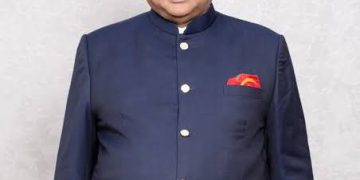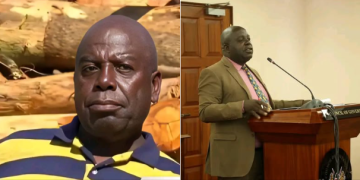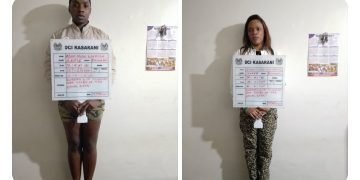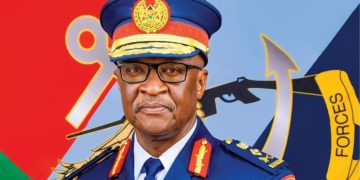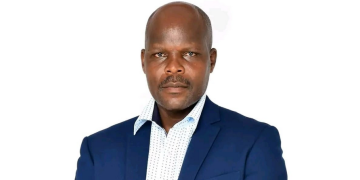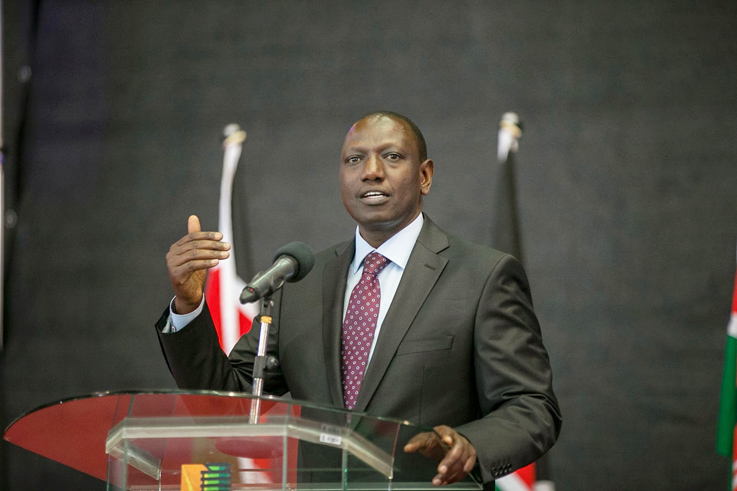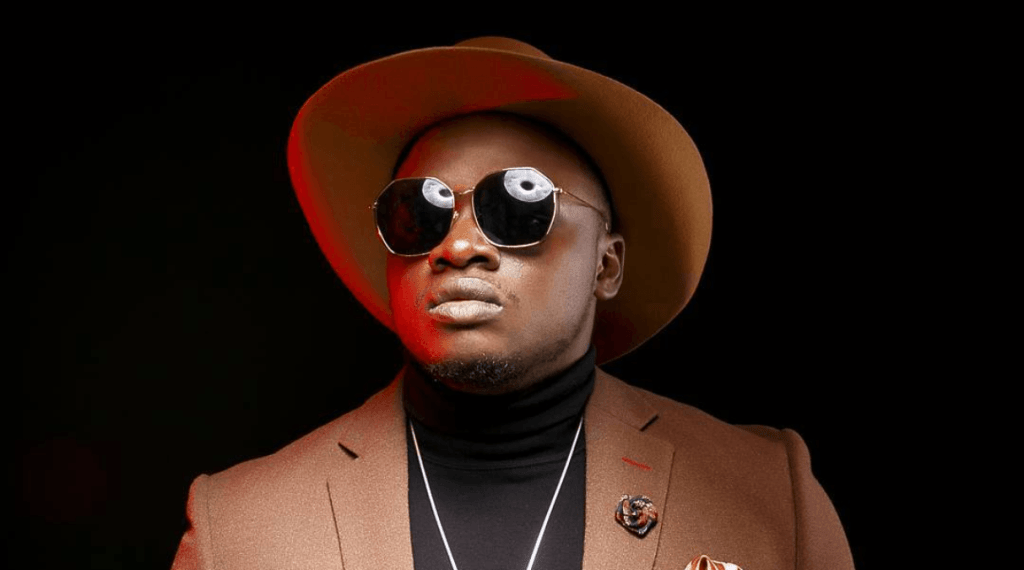The majority of pollsters consistently predicted that Raila Odinga, the former prime minister, would win the presidency before the general election on August 9.
A few days before the August elections, Infotrak produced a survey predicting that Odinga will defeat Ruto in the first round of voting with 52% of the vote, while Ruto received only 45% of the vote.
Infotrak CEO Angela Ambitho gave a speech on Sunday, August 21, during the State of the Race segment on Citizen TV, and she outlined why the bulk of polls continuously showed Raila in the lead.
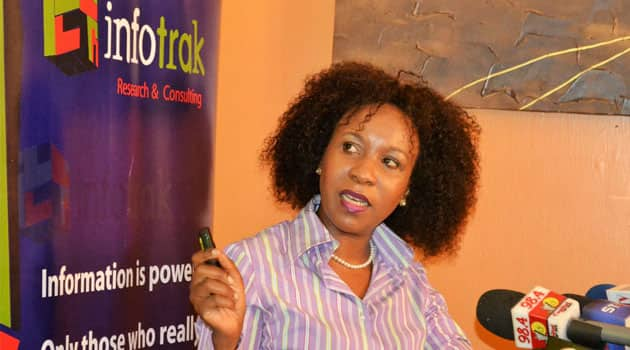
“Raila was leading because of the science they were using in terms of sampling and the questions asked were such that unless you were doing something ordinary, the results were the same within the same margin of error, that’s why the pollsters were almost the same,” she noted.
Additionally, the pollster had forecast that Ruto would win 19 counties, while Odinga would win more votes in over 24.
However, TIFA had indicated that Odinga was still the most popular candidate and had predicted his election as president with a 53 percent victory. At 45%, Ruto came in second.
However, this was not the case on August 15 at 5:00 p.m. when Wafula Wanyonyi Chebukati, the chairwoman of the Independent Electoral and Boundaries Commission (IEBC), pronounced Ruto the winner with 50.49 percent to Odinga’s 48.85 percent.
The pollsters were obliged to defend their surveys after Kenyans criticized them for making incorrect predictions.
Ambitho, though, remained steadfast, attributing the figures to the sampling method they were utilizing and the questions.
“Polling is a science that follows certain dictates which are not different for some, the science they were using in terms of sampling and the questions asked, results were more or less than the same within a margin of error,” Ambitho said
Ambitho further pointed out that other contrasts, like as the convention technique the pollster used to source data, were what drove the pollsters who showed Odinga was leading.
Additionally, the Kenya Kwanza coalition leaders claimed that the Azimio leader was preferred in polls in order to influence the general public.
The supporters of Ruto frequently asserted that Odinga was using the favorable polls as part of a bigger plot to overturn the presidential election results.
.


